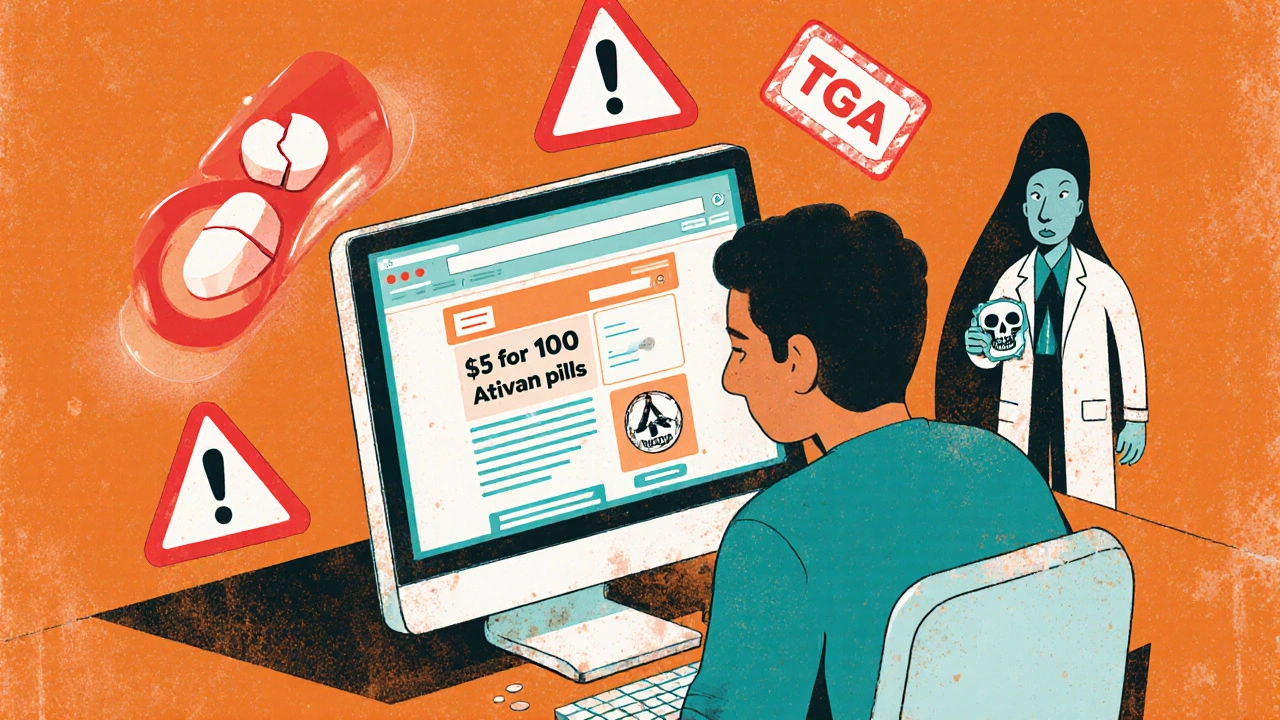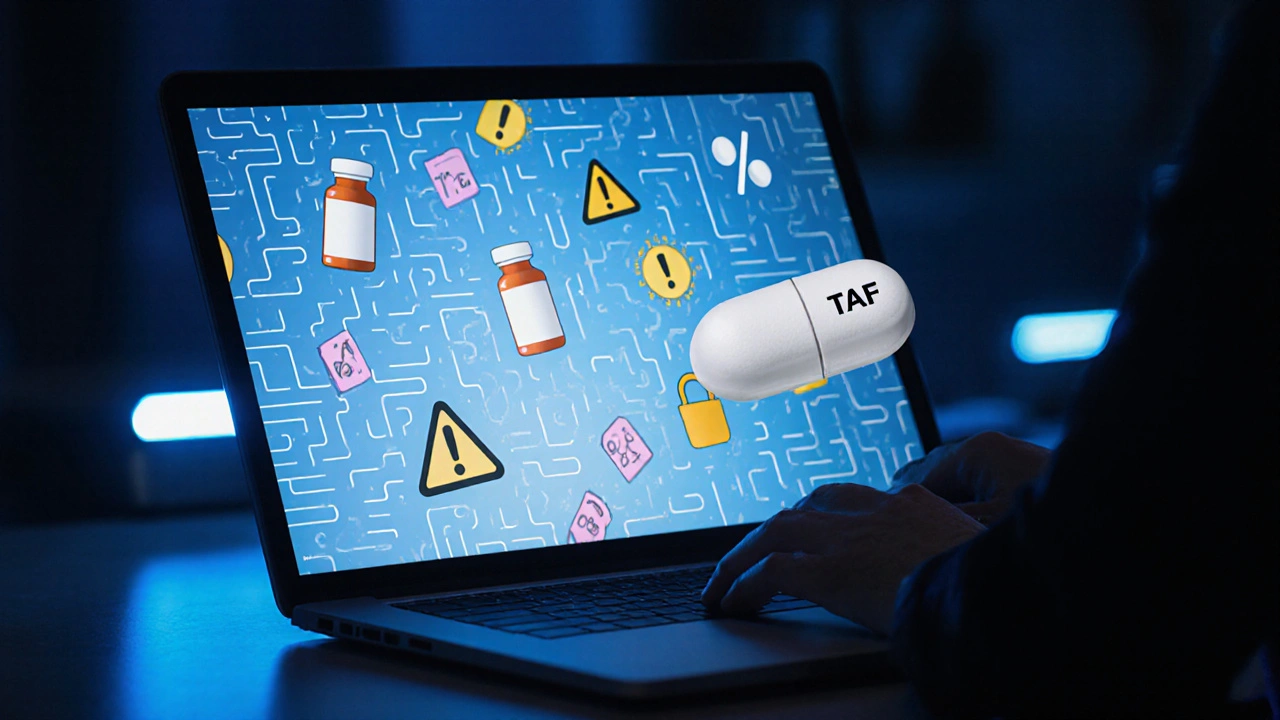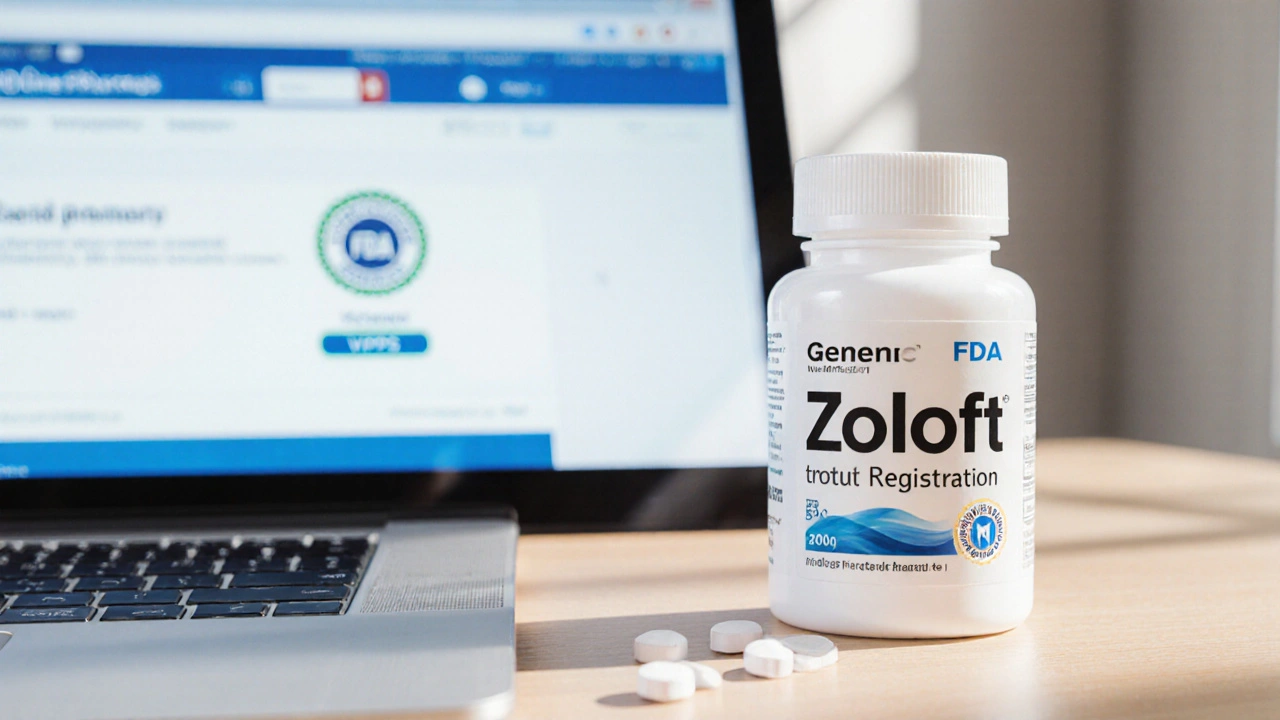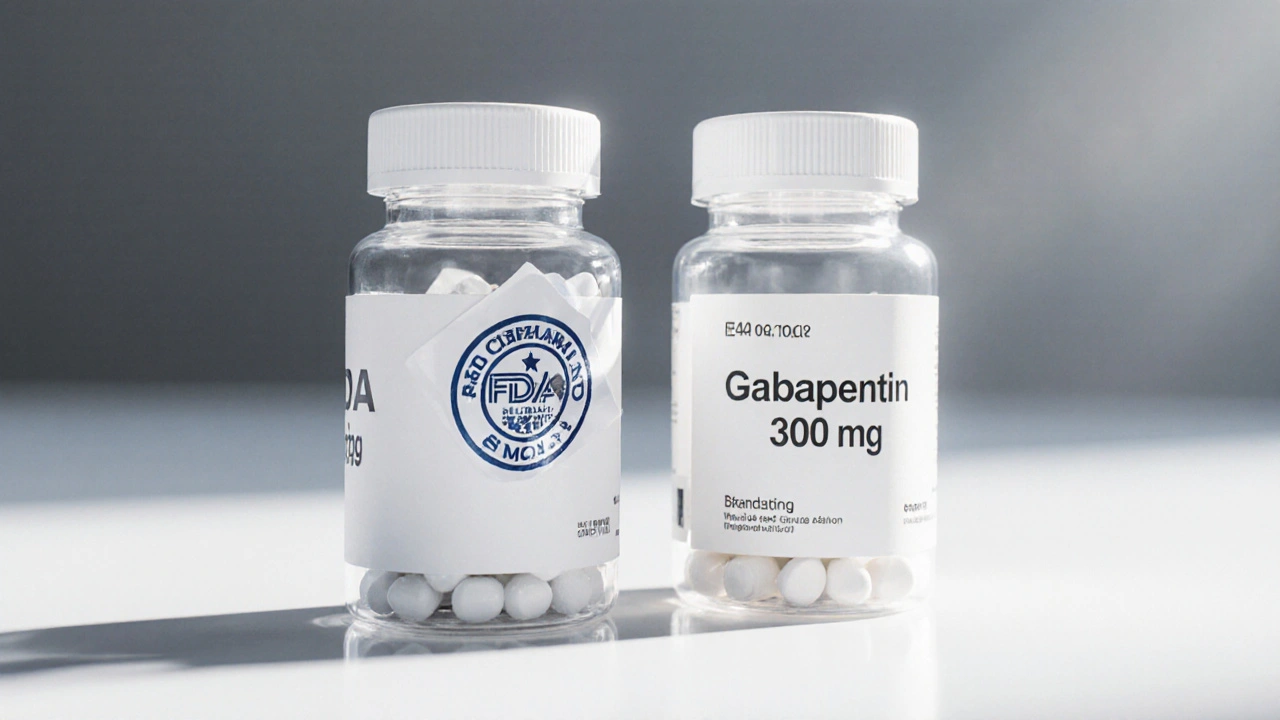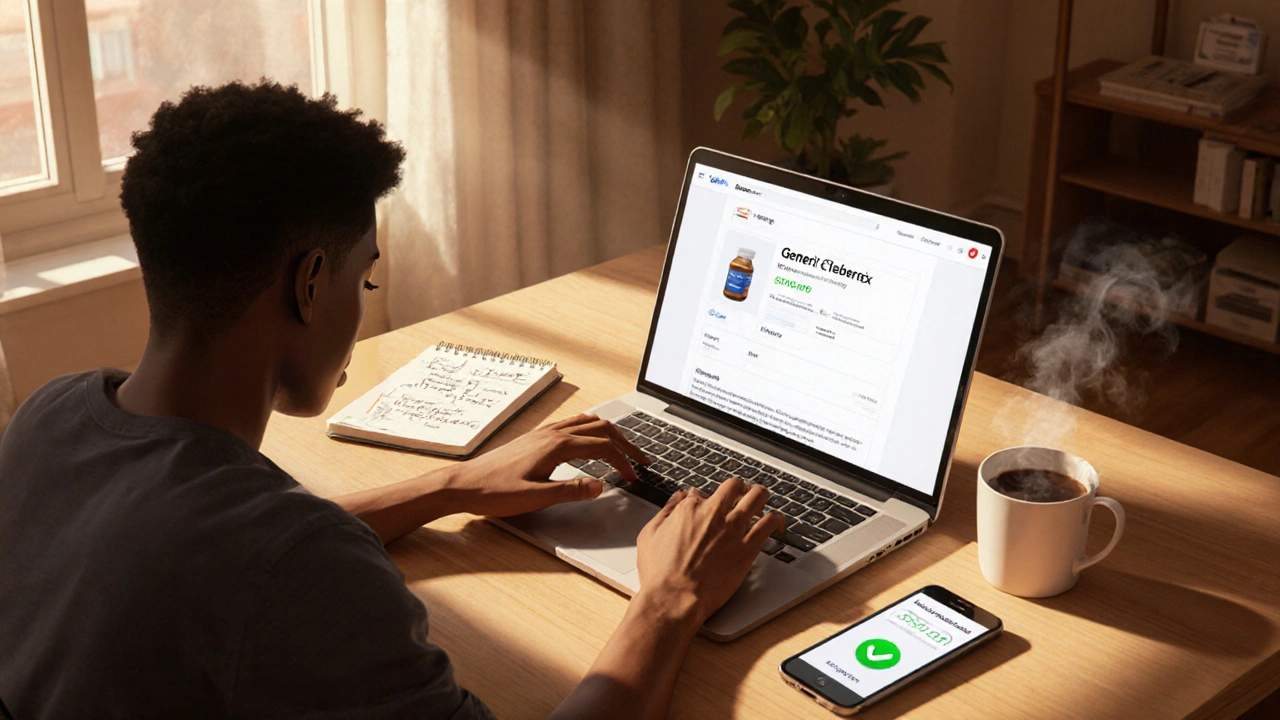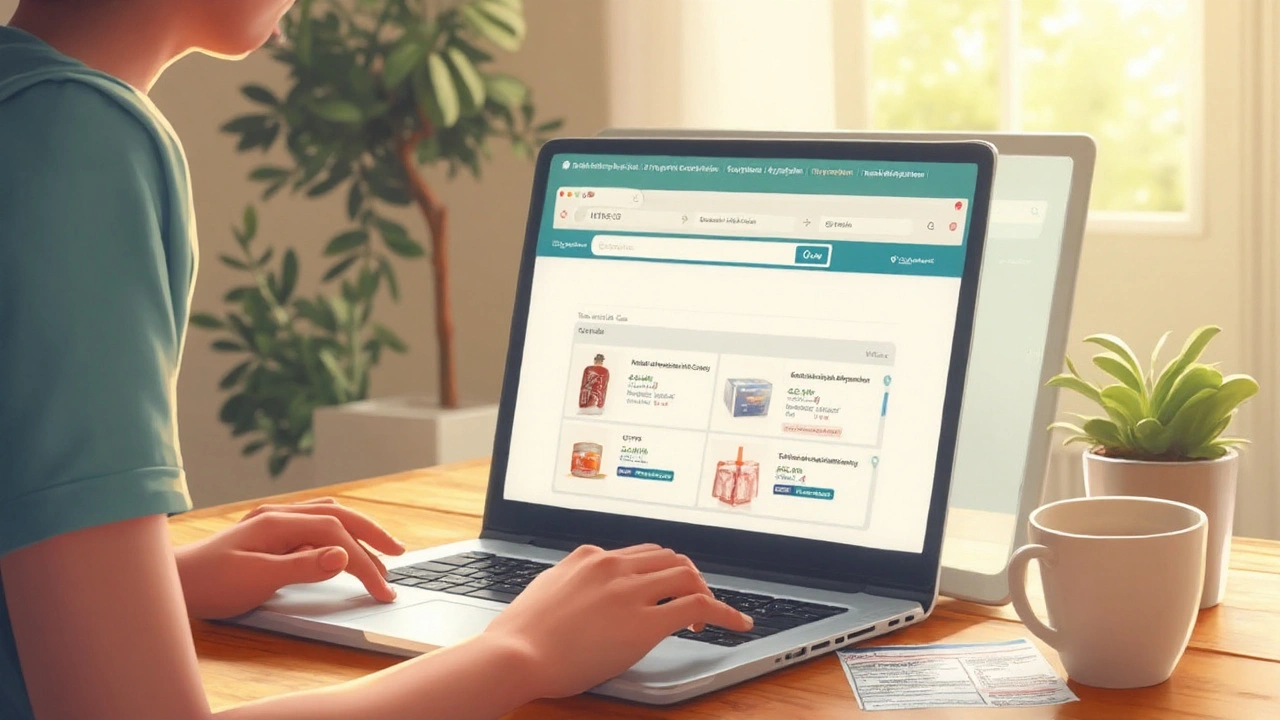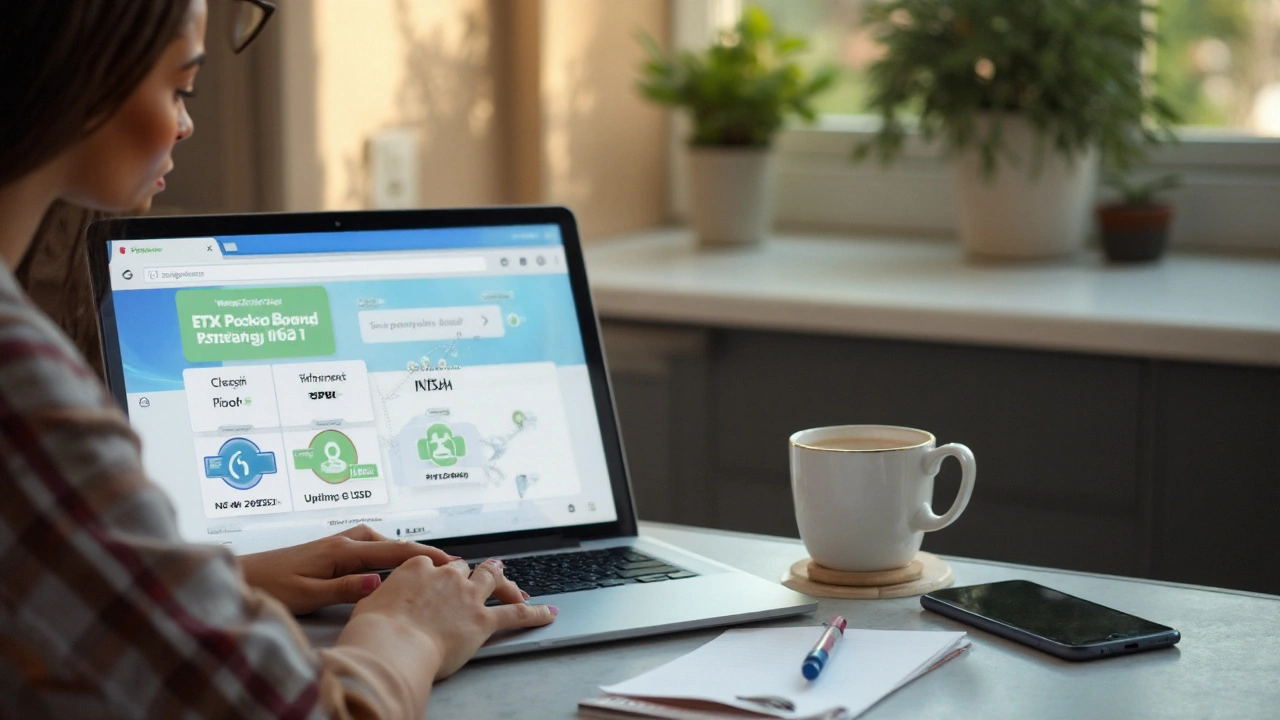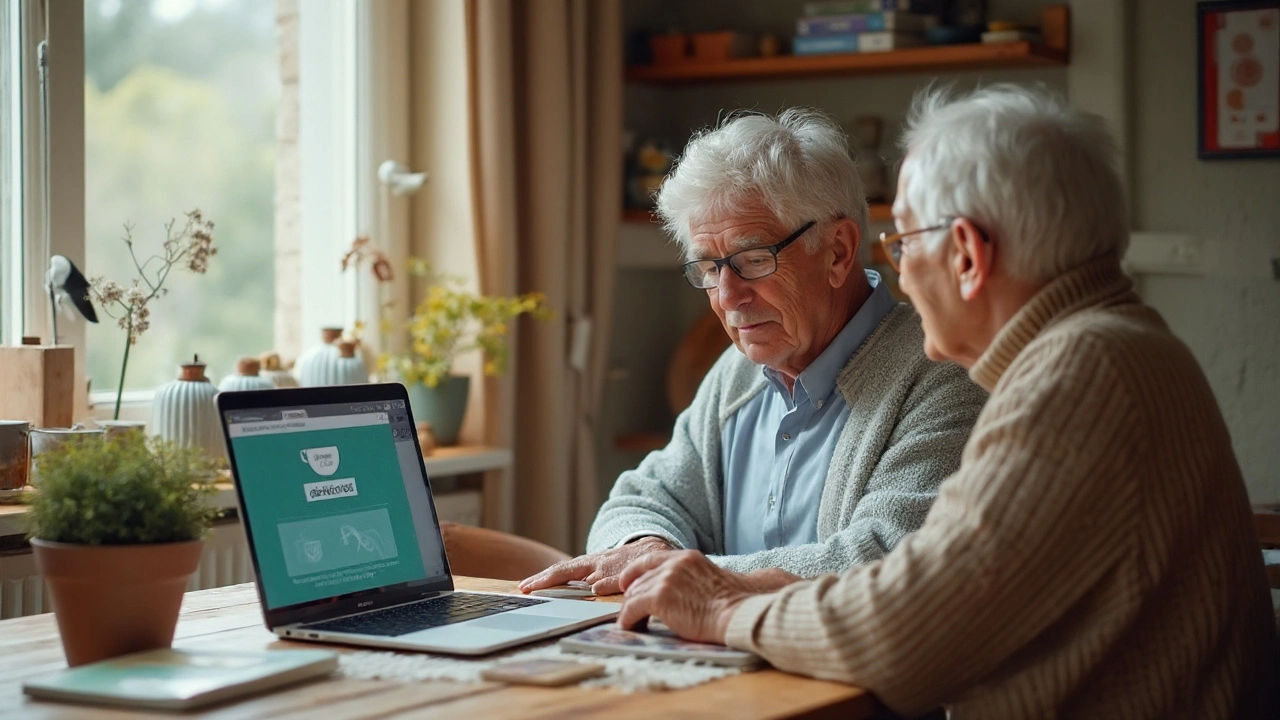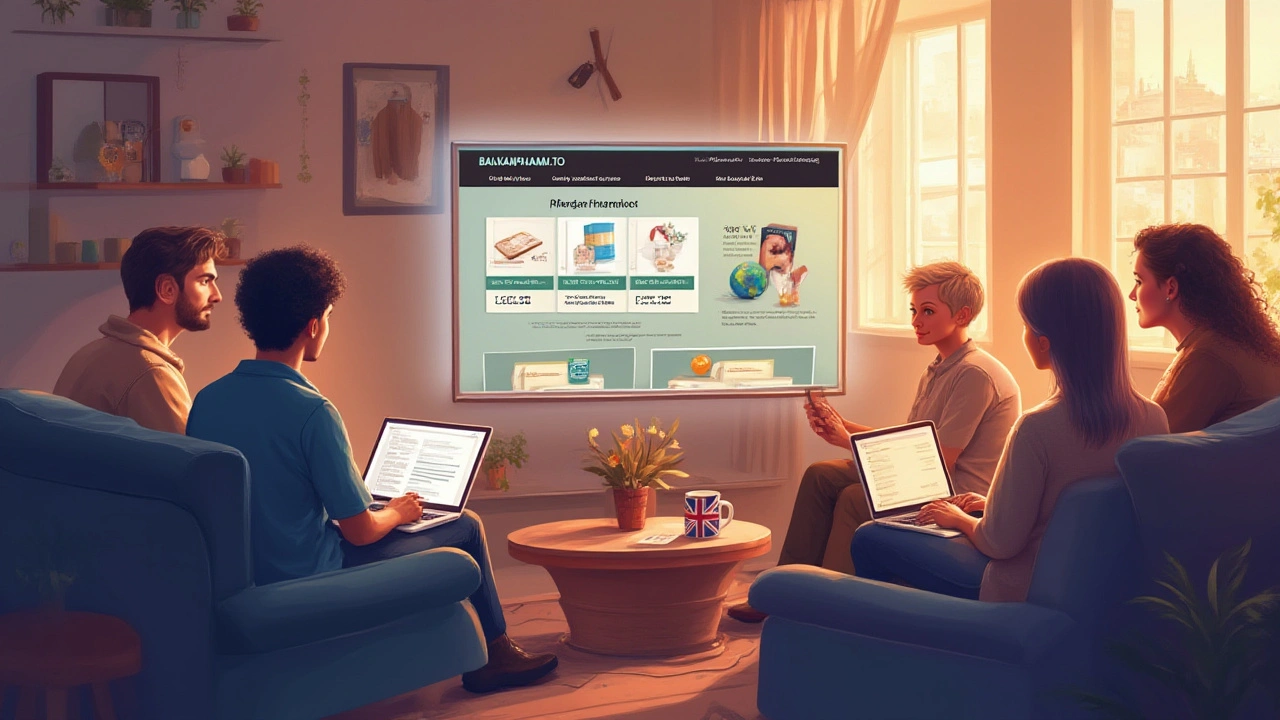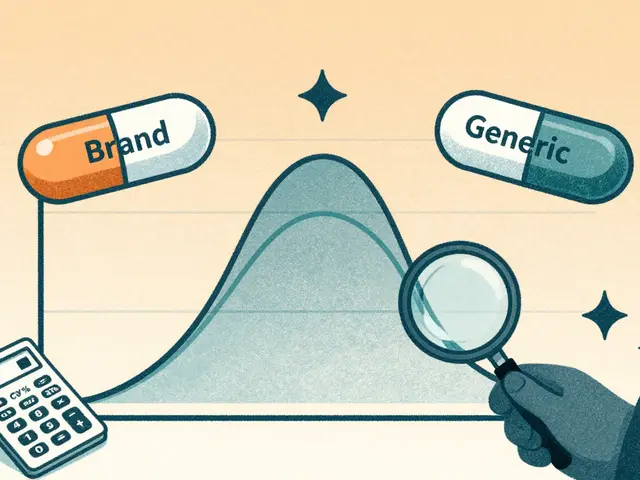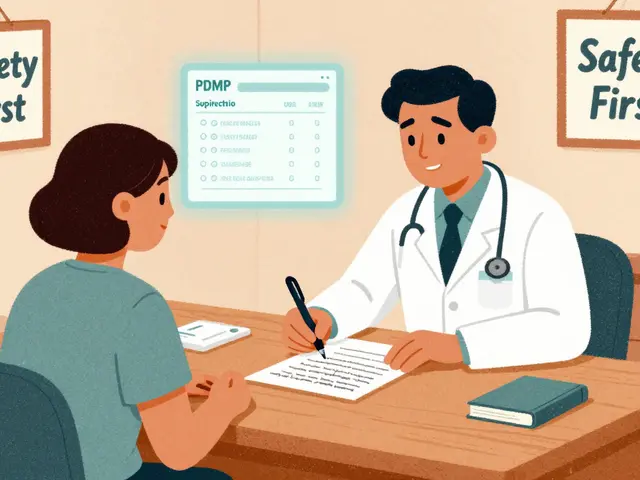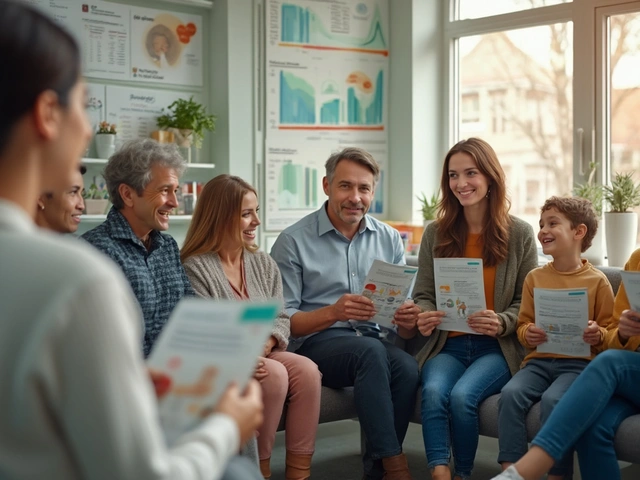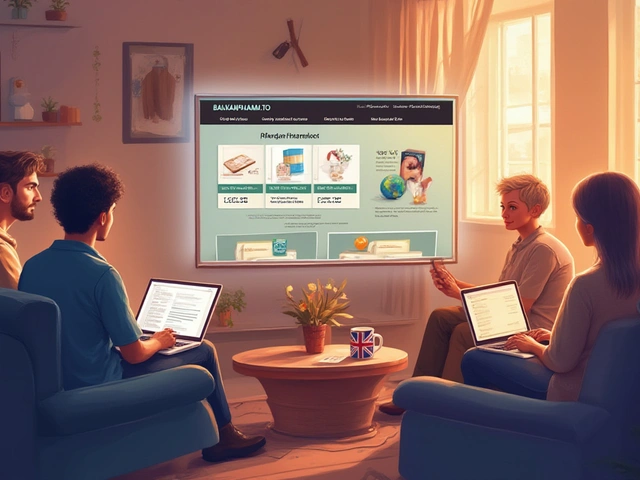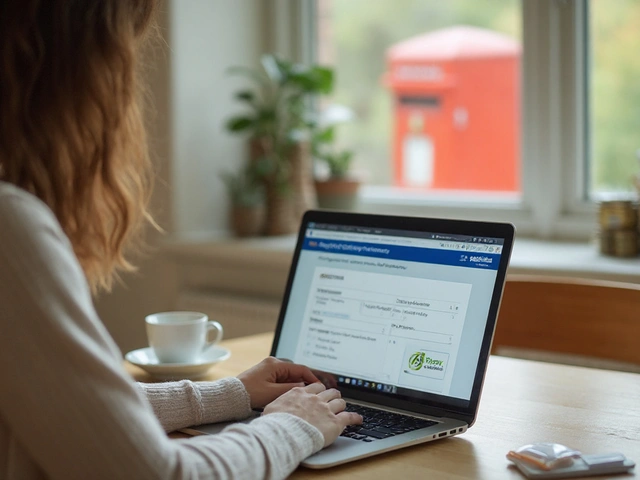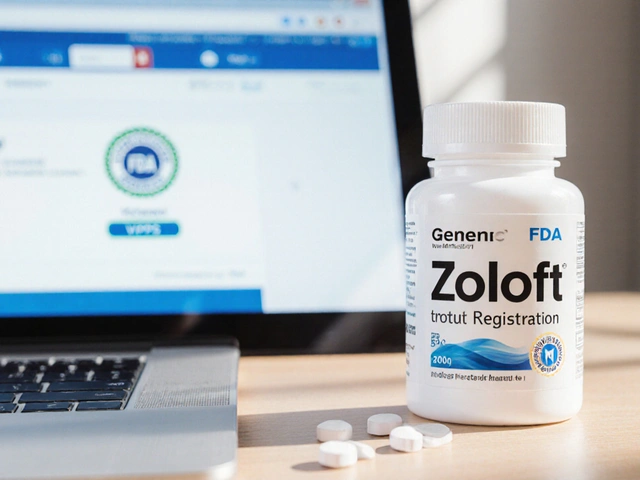Online Pharmacy: How to Buy Meds Safely and Smart
Thinking of ordering medicine online? Good - it can save time and money, but it can also be risky if you don't know what to check. This short guide shows how to spot real online pharmacies, avoid scams, and get the right medication with a proper prescription.
First, verify the site. Real pharmacies list a physical address, phone number, and a pharmacist you can contact. Look for a visible pharmacy license or seal from a national regulator and confirm it on the regulator's website. If the site hides contact details or the license looks fake, walk away.
Secure payment matters. Make sure the website uses HTTPS and accepts card payments through known processors. Avoid sites that push wire transfers, cryptocurrency, or odd payment apps. Read shipping and return policies before you pay; a clear policy is a good sign of trustworthiness.
Prescription rules are non-negotiable. Legit online pharmacies require a valid prescription from a licensed prescriber for most prescription medicines. Be suspicious of stores that sell antibiotics, opioids, or other controlled drugs without asking for a prescription.
Check product quality. Look for clear photos, batch numbers, and expiry dates. Reputable pharmacies source from known manufacturers and provide storage instructions. If packaging looks tampered or the price is unbelievably low, the product may be counterfeit.
How to verify an online pharmacy
Start by searching for reviews from independent sites and patient forums, not just testimonials on the pharmacy page. Cross-check the pharmacy's license number on the official regulator site in the country listed. Call the phone number and ask a simple question about a product - if there's no answer or the staff can't explain, that's a warning.
Practical buying checklist
Before you order, use this quick checklist: confirm a real address and phone, verify licensing, require a prescription, check HTTPS, read shipping terms, and compare prices with trusted local pharmacies. Keep all receipts and shipping docs in case you need a refund or want to report a problem.
Buying from overseas? Know your country's import rules and expect customs delays. Some countries limit quantities or block certain drugs. If you rely on a medication you take daily, avoid risky international suppliers unless you have a backup supply.
Protect your personal data. Create an account with a strong password and use two-factor where available. Read the site's privacy policy so you know how your medical and payment data will be used. Share prescriptions only when required and keep copies on file in case you need to dispute a charge or return a shipment.
If a price is lower than local pharmacies by a huge margin, ask why. Sometimes discounts are real, other times they hide poor quality. Trust your instincts always.
Finally, use common sense. If an online pharmacy pressures you with "limited time" deals, asks for weird payments, or promises miracle cures, it's probably a scam. When in doubt, call your doctor or local pharmacist and ask for their opinion before you click buy.
